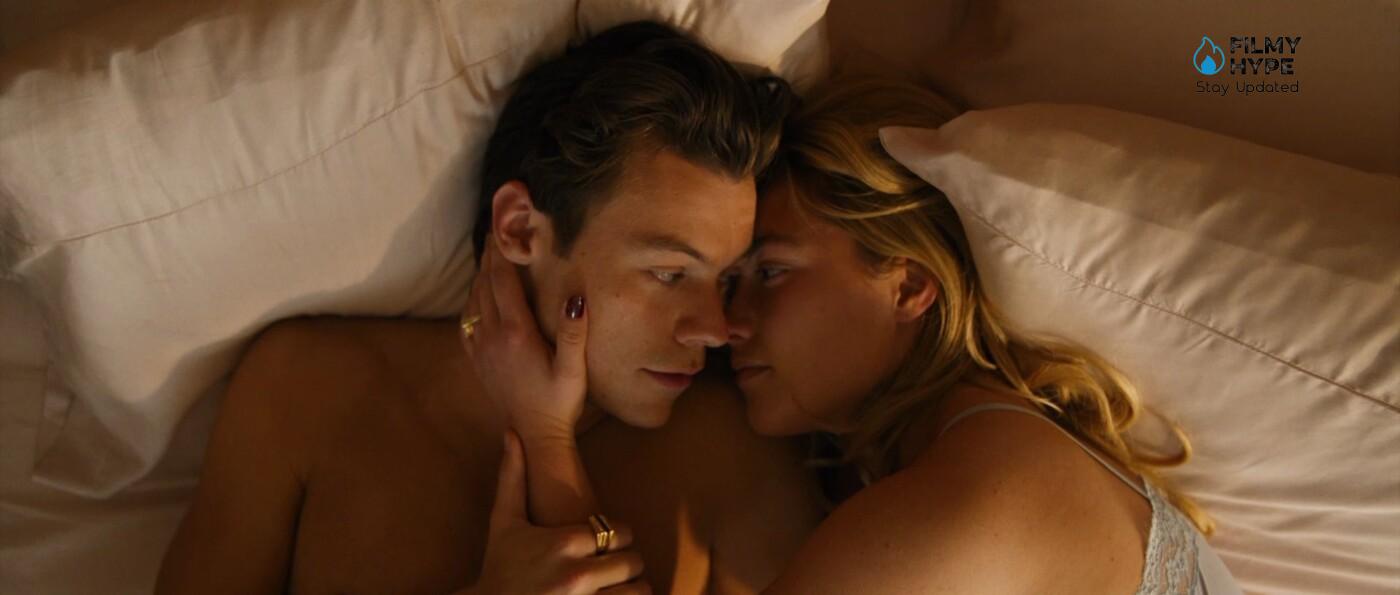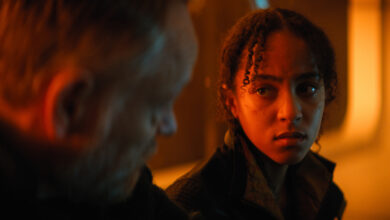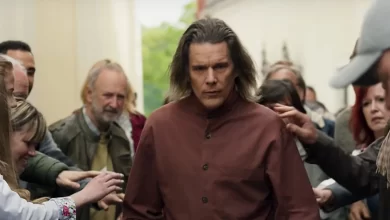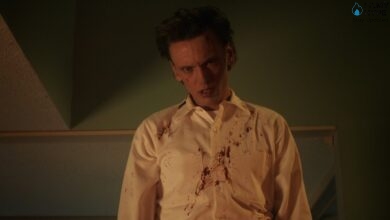Don’t Worry Darling: Beyond The Harry Styles Controversy, Is It A Good Movie?
The questions around Don’t Worry Darling is all wrong. What problems are there between the cast of the film? Could Olivia Wilde build her story with Harry Styles at the table? Is it true that the filmmaker is now like a stranger to Florence Pugh, annoyed by the sinister marketing campaign that made sex scenes pass as the centerpiece of the film when in reality they are a marginal but important part of it?

The issues surrounding the book smart Director’s Second Work have degenerated especially when, even more than discussing and reflecting on public and critical reception after its premiere at the Venice Film Festival, the focus was on whether or not the British pop star threw Chris Pine – look at the standing ovation in Venice for Don’t Worry Darling. The question that catalyzed the attention, moving it considerably from the content and the realization in itself of Wilde’s work, perhaps also due to the lack of a real enthusiasm shared by the majority that did not unanimously exalt – or even in its positively unbalanced part – the success of the film.
Don’t Worry Darling: From Gossip To Thriller
Overcoming the controversy and looking for a foothold that was more than just gossip from constantly chatting around Don’t Worry Darling, what interests the film is the dichotomy with which it is received in its content part and that instead of the invoice. Two parallels that should be the main elements of discussion from the beginning rather than seeing the questions revolve around the disagreements and reprisals behind the film. However, they are always part of the marvel of cinema, which influences inside and outside the theater, but with Don’t Worry Darling seems to have completely forgotten how to judge a film by detaching it from its gossipy and glossy cover.
Because if we stopped a moment longer to think about the choice made by the director for her second work, we would grasp an audacity that is part of a desire in trying to explore another cinematographic register. One primarily related to the genre and which the artist uses to create a thriller that seems to recall echoes of the past, of a cinema of attractions made of colors, symmetries and dance steps, while behind it an enigma that Wilde herself reveals from the beginning is consumed.
An intention shifted to wanting to focus more on the object of entertainment itself than on feminist discourses that surely reside within the script by Katie Silberman, but which are almost overshadowed in the construction of a fictional system on which the director worked in particular for staging and suggestion. The references to classics of world cinema, from the cult The Truman Show to The Perfect Wife, going to modernity that looks to a tragic and despotic future like that of Black Mirror, are certainly evident. But it is precisely for the freedom to show itself immediately as a secret to be uncovered that Don’t Worry Darling can concentrate totally on the assembly of its grafts and its perturbing fragments bordering on horror – do not miss Florence Pugh’s red carpet in Venice 79.
Between Grafts and Suggestions
Troubled by episodes of paranoia and yet extremely convinced of a plot that lies behind her – indeed behind a high curtain of mountains, Florence Pugh’s Alice shows the viewer signs of imbalance from the beginning, which are attempts to return to normality that the protagonist does not even know has been stolen from her. This is why she wraps her face in a film while cooking, that she has the impression of being oppressed by the walls of her own house, that she sees a double of herself in the corner of a mirror or an unusual version, no longer herself with her characteristics but that woman who saw suicide in front of her eyes and who was instead told to have only slipped.
The company of control, a theme that is hidden in the residential houses and colored cars of Victory Town, is not a questioned topic or a political and social vision. It is certainly what the film and its screenplay are based on, but they are not the traits it appeals to, as evidenced by the escalation of the conclusion and the absence of an accomplished explanation of how power is exercised and the consequences of that. imprisonment, leaving the most open and interpretative of the endings. The one that challenges the spectators, constantly solicited by the frames and dream sequences of the film. Doing this genre and doing it completely, finding an escape in the cinema, like the one sought by the protagonist and that entertainment, can give.





